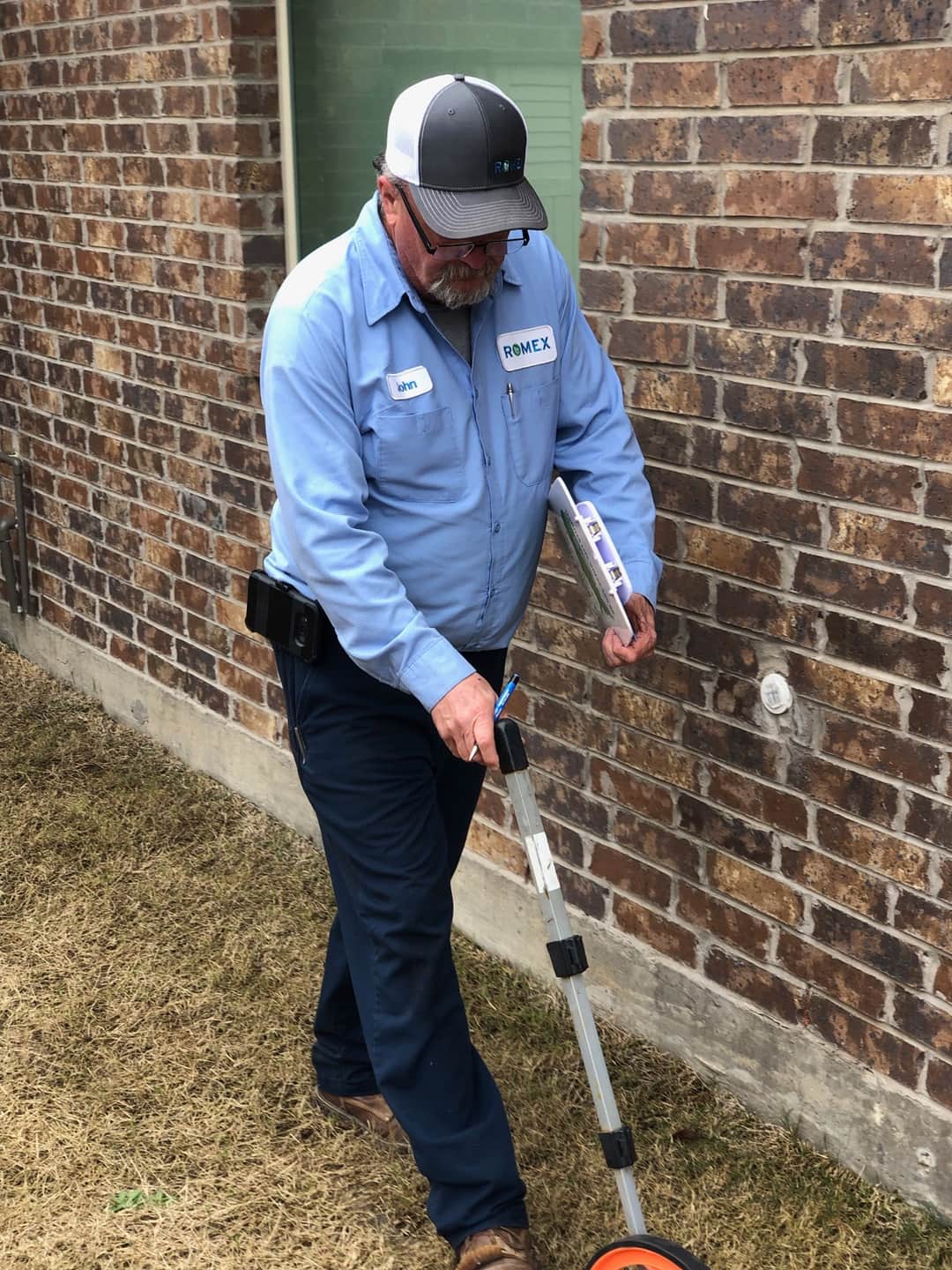Comprehensive Guide to Bee Populations in the Southern United States
Bee populations in the Southern United States, especially in Texas, Mississippi, Oklahoma, and Louisiana, play a crucial role in the ecosystem due to their pollination activities. This guide offers a thorough overview of bee characteristics, types of bees, their importance, risks, and conservation strategies, integrating expert opinions and the latest findings in apiculture and entomology.
Understanding Bees in the Southern States
Characteristics of Common Bees
- Appearance: Varies by species; generally, bees have a robust body, with some having distinct yellow and black stripes.
- Behavior: Mostly diurnal, with activities centered around pollination.
- Habitat: Diverse, ranging from underground burrows to tree hollows and man-made beehives.
Lifecycle and Reproduction
- Queen Bee: Lays thousands of eggs; the central figure in the hive.
- Development: Bees undergo complete metamorphosis – from egg to larva, pupa, and then adult.
- Colony Dynamics: Social structure with divisions of labor: queens, workers, and drones.
Types of Bees in the Southern States
- Honey Bees (Apis mellifera): Best known for honey production and pollination.
- Bumble Bees (Bombus spp.): Larger in size, important for pollinating certain crops and flowers.
- Carpenter Bees (Xylocopa spp.): Known for burrowing into wood but also play a role in pollination.
Identifying Bee Habitats and Activities
Signs of bee presence include:
- Beehives or Nests: In trees, walls, or underground.
- Pollination Activity: Bees visiting flowers and plants.
- Buzzing Sounds: Particularly in areas with abundant floral resources.
Importance of Bees
Bees are essential for:
- Pollination: Crucial for the reproduction of many plants and crops.
- Biodiversity: Support the growth of a wide range of plant species.
- Ecosystem Health: Indicators of environmental quality and balance.
Risks and Challenges Faced by Bees
Bees are currently facing:
- Pesticide Exposure: Leads to colony collapse and declining bee populations.
- Habitat Loss: Due to urbanization and agriculture.
- Diseases and Parasites: Such as Varroa mites and fungal infections.
Integrated Bee Conservation Strategies
Conservation efforts involve a combination of approaches:
- Creating Bee-Friendly Habitats: Planting native flowers and providing water sources.
- Reducing Pesticide Use: Adopting organic or bee-safe gardening practices.
- Supporting Local Beekeepers: Purchasing local honey and bee products.
- Educational Outreach: Raising awareness about the importance of bees and how to protect them.
Eco-Friendly and Preventive Measures for Bee Health
- Bee Gardens: Creating spaces with a variety of nectar-rich plants.
- Avoiding Harmful Chemicals: Using natural alternatives to pesticides and herbicides.
- Beekeeping Practices: Responsible management of hives for sustainable honey production.
Expert Insights and Current Trends in Bee Conservation
Entomologists and apiculturists emphasize the critical role of bees in our environment. Recent research is focused on understanding bee behavior and genetics and improving habitat conditions to support healthy bee populations.
Choosing Bee Conservation and Support Services
When engaging with bee conservation efforts, consider:
- Organizations specializing in bee conservation.
- Collaborating with local beekeeping associations and environmental groups.
- Supporting research initiatives and educational programs on bees.
Conclusion
The well-being of bee populations in the Southern United States is vital for maintaining ecological balance and supporting agriculture. Through understanding, conservation, and proactive measures, we can ensure the health and sustainability of bee populations.
Stay updated on bee conservation by visiting authoritative entomology websites or local university extension services. Engage in our community discussions and share your experiences or tips on supporting bees in the southern states. Your contributions are valuable in fostering a bee-friendly environment.
Save on Pest Control Services

Romex Pest Control Services
Discover Our Tailored Service Options
Our pest control services provide flexible options. We help protect your home or business from common pests. These pests include ants, roaches, and spiders. For immediate pest issues, we offer rapid, on-demand treatments.
Preparing to sell your property? Our real estate inspections uncover potential pest problems.
Opt for our bi-monthly or quarterly treatments for continuous exterior and interior protection.
Our experts will regularly treat your property. We use safe methods that are friendly for families and pets. This helps manage current pests and stops future infestations.
We also offer specialized services for targeted pest issues such as termites, bed bugs, mosquitoes, and more.
Please contact us today to explore the best pest management options for year-round safeguarding your property against insects.
Your Path to a Pest-Free Home or Business
Customer Testimonials
Romex Pest Control is dedicated to keeping you, your children, and your pets safe. We offer an eco-friendly, child-friendly, and pet-friendly pest control solution that is guaranteed.
We are confident in solving all pest, rodent, and termite problems.
Romex Pest Control is fully insured and licensed in Texas, Oklahoma, Louisiana, and Mississippi.
Hours
M-F 8 am–5 pm
Sat 8 am–2 pm
Sun Closed
Established 2016 © Copyright 2025 Romex Pest Control





